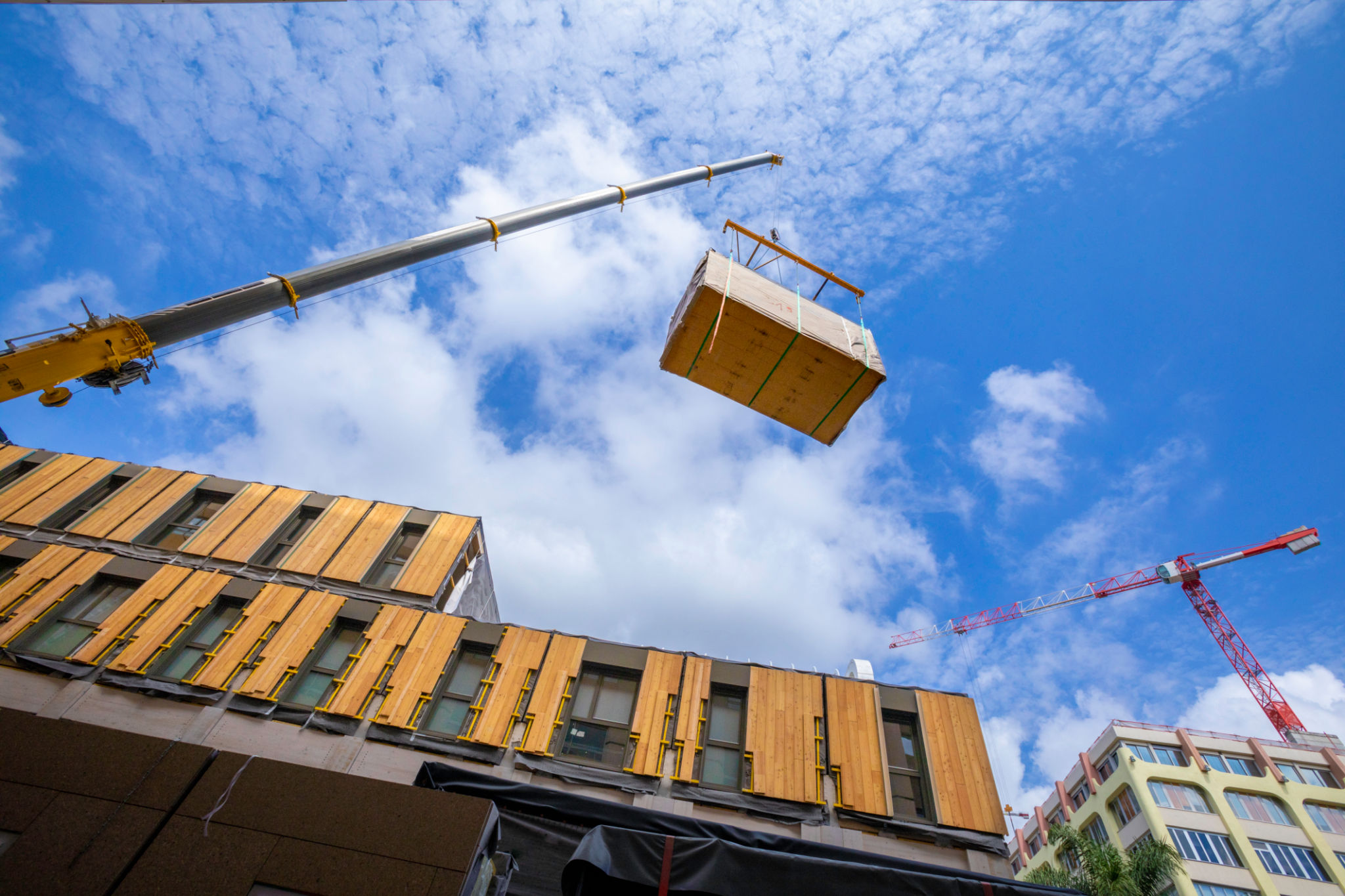How Sustainable Construction Funding is Shaping Exeter's Future
JB
The Rise of Sustainable Construction in Exeter
Exeter is at the forefront of a transformative movement in urban development, driven by a strong commitment to sustainability. As the city continues to grow, sustainable construction funding is playing a critical role in shaping its future. By investing in eco-friendly building practices, Exeter is setting a benchmark for other cities to follow.
The emphasis on sustainable construction is not just about reducing environmental impact; it's about creating a healthier, more livable city. This approach incorporates energy-efficient building designs, renewable energy sources, and sustainable materials, ensuring that new developments support Exeter's long-term environmental goals.

Funding Mechanisms Supporting Green Projects
One of the key elements driving sustainable construction in Exeter is the innovative funding mechanisms available to developers. These include government grants, private investments, and public-private partnerships, all designed to encourage environmentally conscious building practices. By providing financial incentives, these mechanisms lower the barriers for developers to adopt greener technologies.
Moreover, local authorities are increasingly offering tax breaks and subsidies for projects that meet specific sustainability criteria. This approach not only accelerates the adoption of green building techniques but also attracts investors who are keen on supporting eco-friendly projects.
The Role of Public-Private Partnerships
Public-private partnerships (PPPs) have emerged as a powerful tool in promoting sustainable construction. By leveraging both public and private sector resources, PPPs enable the development of large-scale projects that might otherwise be financially unfeasible. These collaborations are instrumental in achieving ambitious sustainability targets.

Impact on the Local Economy
The shift towards sustainable construction is also having a positive impact on Exeter's economy. By prioritizing green building projects, the city is attracting businesses and talent in the field of sustainable development. This influx of expertise not only boosts the local economy but also fosters innovation in construction technologies.
Additionally, sustainable construction practices often result in cost savings over time due to reduced energy consumption and maintenance costs. These financial benefits are passed on to residents and businesses, making Exeter an attractive place to live and work.
Creating Job Opportunities
As demand for sustainable buildings grows, so does the need for skilled workers in this sector. This has led to an increase in job opportunities in areas such as green architecture, construction management, and renewable energy installation. By investing in training programs and educational initiatives, Exeter is ensuring a steady supply of qualified professionals to meet this demand.

A Model for Future Developments
Exeter's commitment to sustainable construction is setting a precedent for future urban developments. By demonstrating that eco-friendly practices are both viable and profitable, Exeter serves as a model for other cities looking to embrace sustainability. The success of these initiatives highlights the importance of integrating environmental considerations into urban planning strategies.
In conclusion, sustainable construction funding is not only shaping Exeter's present but also securing its future as a leader in environmental stewardship. As more cities look to emulate Exeter's approach, the ripple effects of these efforts will undoubtedly contribute to a more sustainable world.